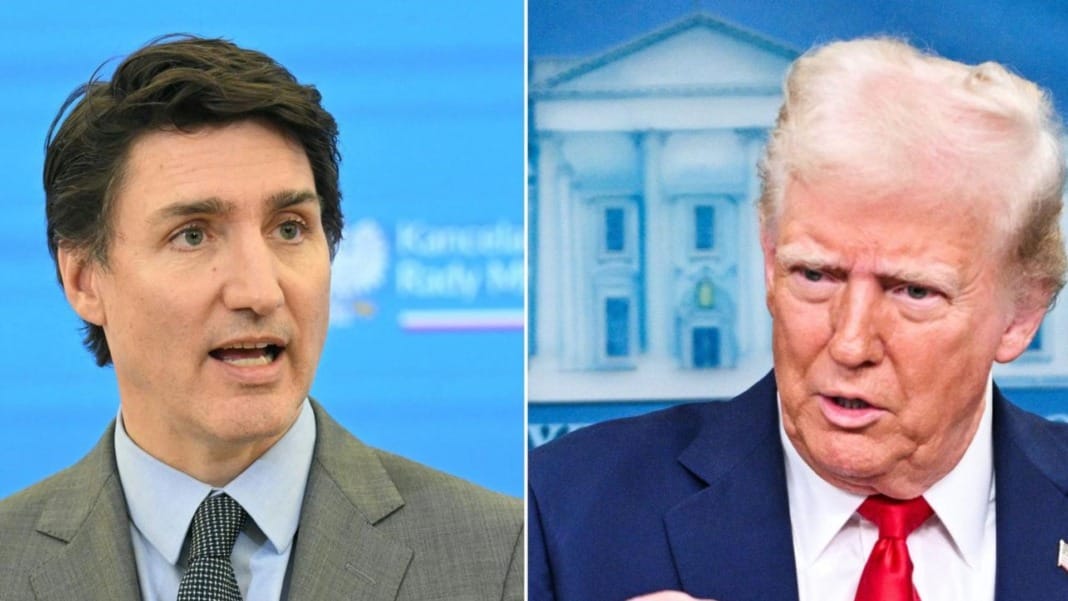President Donald Trump has granted automakers a one-month delay on new tariffs for vehicles imported from Canada and Mexico. The decision follows requests from General Motors, Ford, and Stellantis executives, who now have until April 2 to move any offshore production to the United States.
Politico first reported the temporary reprieve just days after Trump imposed a 25% tariff on all imports from the U.S.’s neighbouring countries. These tariffs impact goods previously duty-free under the United States-Mexico-Canada Agreement (USMCA), often referred to as NAFTA 2.0. According to The Wall Street Journal, the exemption applies only to automakers that comply with the USMCA.
Impact on the industry and car prices
Many automakers rely on complex supply chains that extend across North America. General Motors, for example, manufactures its Chevy Equinox in Mexico and Canada. Ford builds its Lincoln Nautilus SUV in Ontario, while Stellantis also produces its Dodge Charger there. Additionally, several automotive suppliers operate factories in both countries, further complicating any rapid shift in production.
The tariffs have sparked concerns over rising car prices, which are already at record highs. According to Jeff Schott, a senior fellow at the Peterson Institute for International Economics, the new trade barriers could drive prices up by as much as $12,000 per vehicle. This increase could make new cars unaffordable for many buyers, potentially leaving dealerships with unsold inventory.
Ford CEO Jim Farley recently stated that the company has no spare production capacity in the U.S. to shift manufacturing immediately. He warned that while Ford might withstand the tariffs in the short term, prolonged trade restrictions could severely impact the American automotive industry.
Trump pushes automakers to move production
In a speech to Congress on Tuesday, Trump urged car manufacturers to relocate their operations to the U.S. White House press secretary Karoline Leavitt reinforced this message during a briefing on Wednesday, stating that Trump expects GM, Ford, and Stellantis to take action before the tariffs come into effect at the end of the month.
“He told them they should get on it,” Leavitt said.
Industry data shows that through February, nearly half of all new vehicles sold in the U.S. were manufactured domestically. However, 17.4% were built in Mexico, and 7.4% came from Canada, according to Edmunds.com.
In response to the tariff decision, Ford released a statement highlighting its commitment to American manufacturing. “Since President Trump’s successful USMCA was signed, Ford has invested billions in the United States and committed billions more to invest in American workers and ensure all of our vehicles comply with USMCA. We will continue to have a healthy and candid dialogue with the Administration to help achieve a bright future for our industry and U.S. manufacturing.”
As the deadline approaches, automakers will need to weigh the costs of relocating production against the impact of steep tariffs. The coming weeks will determine how the industry adapts to this new trade policy.





